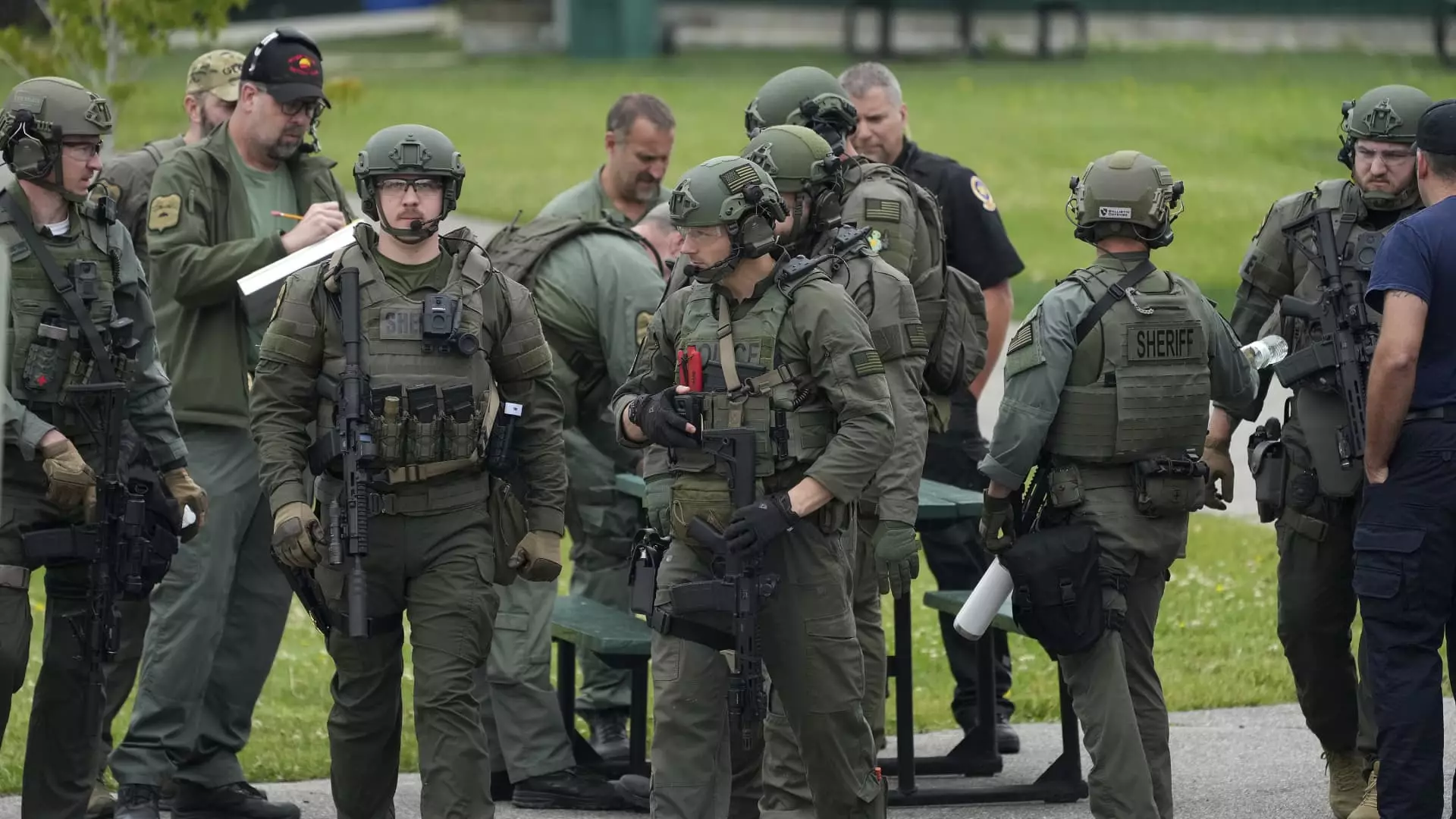Minnesota stands at a crossroads of fear and disbelief following the heinous assassination of Democratic state Rep. Melissa Hortman and her husband, Mark. The brutal act of violence, carried out by 57-year-old Vance Luther Boelter under the guise of a police officer, transcends the boundaries of political discourse; it plunges an entire state into the depths of horror. This tragedy highlights not just a failure within our social framework but a deliberate targeting of public servants reaching into the very essence of our democracy.
The notion that an elected official could be murdered in cold blood, apparently for their political beliefs, sends a compelling, terrifying message. In a nation that prides itself on civic duty and political engagement, how do we reconcile the risk of death simply by advocating for one’s community? This incident isn’t just another crime; it represents a grotesque form of political terrorism, thumbed noses at the values we hold dear.
Heightened Anxiety Among Lawmakers
Lawmakers across Minnesota are grappling with a rising tide of fear, a mental state that shouldn’t be borne by those who dedicate their lives to public service. Democratic Sen. Amy Klobuchar openly stated the apprehension felt by many, emphasizing the urgent need for safety. As she articulated, “everyone [is] on edge,” and this is the reality for a community scrambling to protect its own. The chilling report that the gunman possessed a list of potential targets shows a premeditated intent not only to kill but to silence dissenters.
This isn’t a wild shooting spree; it’s an assault on democracy itself, as if to say, “do not speak out.” It’s a grotesque mimicry of political discourse that challenges the ethics of what it means to engage in a democratic society. Fear should not be a component of governance; it ultimates chokes the very breath of debate necessary for progress.
The Ripple Effect of Violence
What does it say about our culture when political violence becomes a fearful norm? This event has cast a long shadow over Minnesota, prompting an urgent reflection on how our public servants are treated in the modern political landscape. While political disagreements can be fierce, they should never bleed into realms of violence or even threats. With debates spilling over into personal vendettas, we are witnessing the escalation of divisions that could lead to further tragedies.
Klobuchar’s emphasis on vigilance is wise; however, it also serves to reinforce the growing societal breakage. The supportive statements pouring in from across the political spectrum following Hortman’s death expose both that compassion is alive, yet highlight the glaring need for a serious discussion on why political figures are being targeted in such brutal ways. Expressions of sorrow will only take us so far if we fail to address the underlying factors fueling this hostility.
Brushing off these acts as isolated incidents will do little to silence the collective anxiety that has gripped Minnesota. Instead of timely responses that affirm democratic values, we need transformative shifts that might, one day, ensure that being a public servant doesn’t come with a death warrant. It begs the question—how many more tragedies will it take to ignite serious reform in how we handle political conflict and protect our leaders?


Leave a Reply